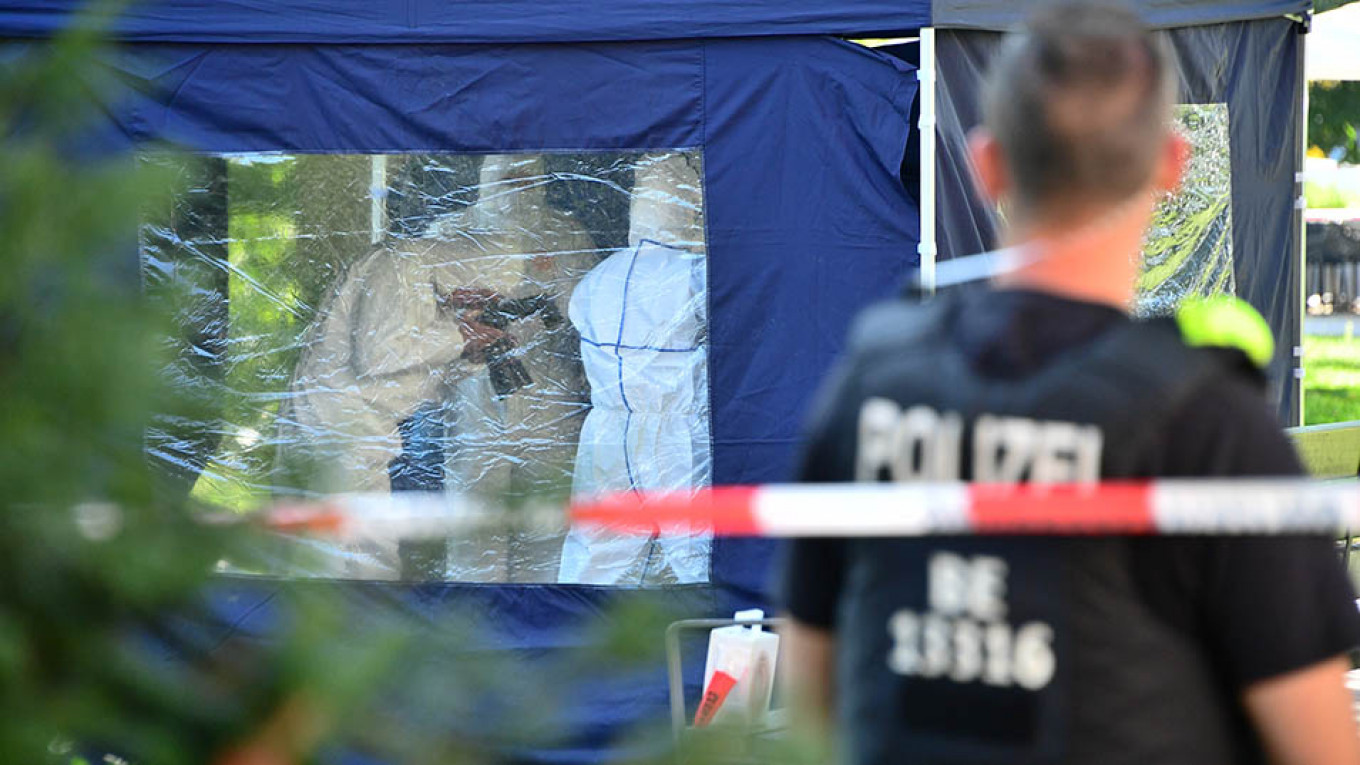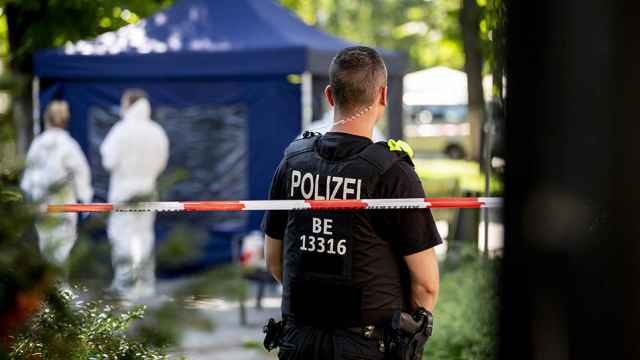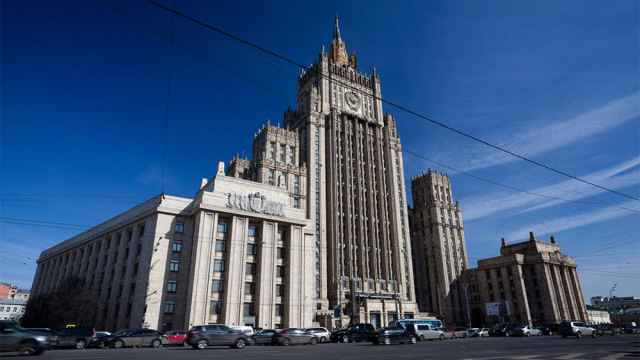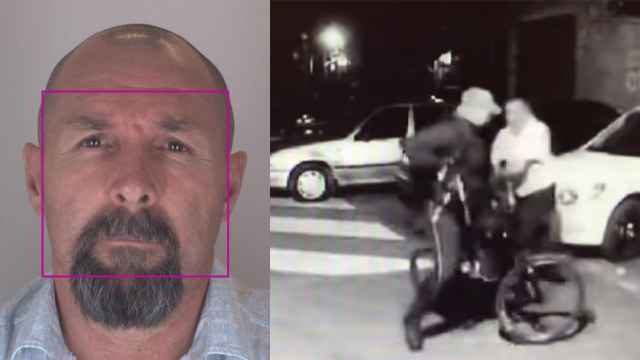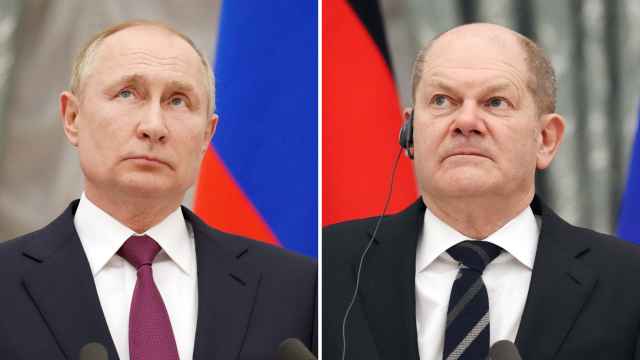Germany contradicted Russian President Vladimir Putin on Wednesday, saying it was not aware Russia had requested the extradition of a Georgian man who was murdered in Berlin in August.
In an escalation in already tense relations, Germany last week expelled two employees at the Russian embassy in Berlin, saying Moscow was not cooperating sufficiently in the investigation into the murder.
Putin described the victim on Monday as a "cruel and bloodthirsty person" who had fought on the side of anti-Moscow separatists in Russia's mainly Muslim north Caucasus region, and said Moscow's requests for his extradition had not been heeded.
"The government is not aware of a Russian extradition request for the victim of the crime," said a spokesman for Germany's Justice Ministry when asked at a news conference about Putin's statement.
The Kremlin did not immediately respond to a request for comment. Russian Foreign Ministry Spokeswoman Maria Zakharova told Reuters Putin had full knowledge of the case, but that only law enforcement agencies could provide further detail.
The Russian-Georgian victim, known as Zelimkhan Khangoshvili, was shot dead in a central Berlin park in August as he was heading to a mosque.
German prosecutors suspect Russian or Chechen involvement. Russia has denied any involvement and said last week it would retaliate for what it called Germany's "unfriendly" move.
Tensions between Russia and Western countries including Germany, which is heavily reliant on Russian gas and oil, are already high after the poisoning last year of a former Russian spy, Sergei Skripal, and his daughter on British soil.
Chancellor Angela Merkel said on Monday she told Putin at a meeting in Paris that Berlin expected Moscow to provide information for the investigation, a message reinforced by a government spokesman on Wednesday.
Some German ministers have also said they are considering taking further steps against Russia.
Western nations imposed sanctions on Russia over its 2014 annexation of Crimea and its role in the conflict in eastern Ukraine. Last year they expelled 100 Russian diplomats over the Skripal poisoning.
Germany expects EU leaders to extend sanctions imposed on Russia over Ukraine at this week's summit, a senior German official said on Wednesday.
A Message from The Moscow Times:
Dear readers,
We are facing unprecedented challenges. Russia's Prosecutor General's Office has designated The Moscow Times as an "undesirable" organization, criminalizing our work and putting our staff at risk of prosecution. This follows our earlier unjust labeling as a "foreign agent."
These actions are direct attempts to silence independent journalism in Russia. The authorities claim our work "discredits the decisions of the Russian leadership." We see things differently: we strive to provide accurate, unbiased reporting on Russia.
We, the journalists of The Moscow Times, refuse to be silenced. But to continue our work, we need your help.
Your support, no matter how small, makes a world of difference. If you can, please support us monthly starting from just $2. It's quick to set up, and every contribution makes a significant impact.
By supporting The Moscow Times, you're defending open, independent journalism in the face of repression. Thank you for standing with us.
Remind me later.


